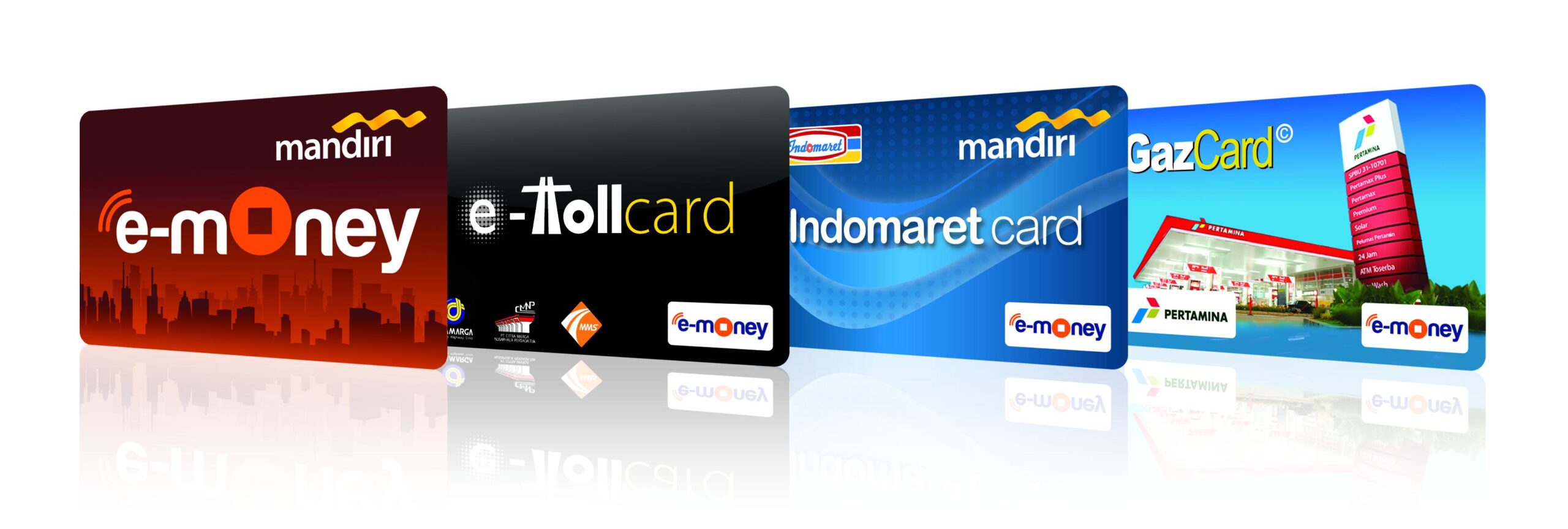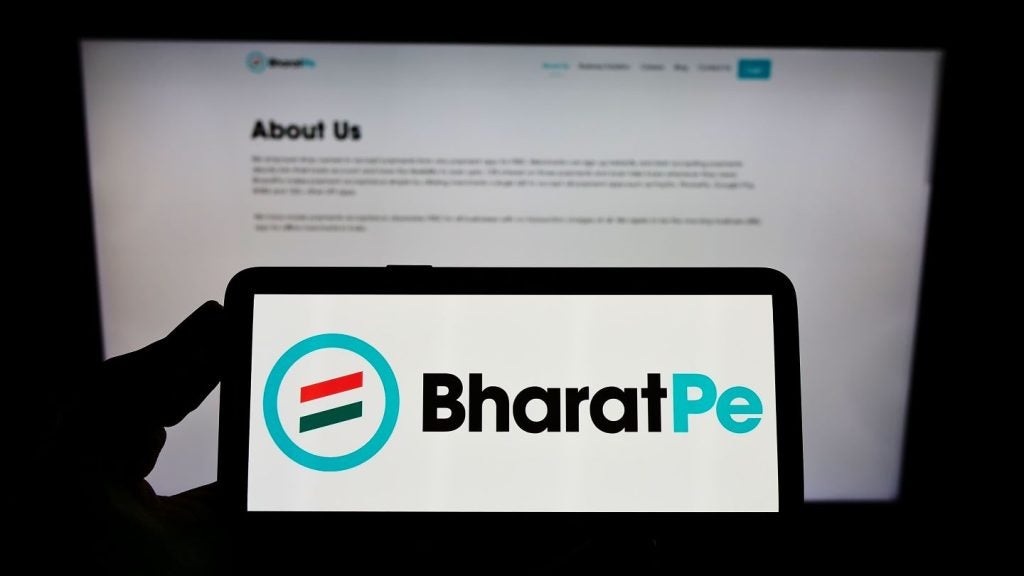
Electronic money (e-money) transactions in Indonesia’s retail market skyrocketed by 173 percent in January from a year earlier, with nonbank fintech dominating the scene as the country works its way toward a cashless society, the central bank says.
Growth of e-money in retail transactions had especially picked up in the past two years, as consumers shifted to the ease of noncash options, said Bank Indonesia (BI) senior deputy governor Destry Damayanti.
“Last January, the growth of e-money was 173 percent year-on-year. So, it is growing in dominance,” Destry said.
E-money transactions reached Rupiah (Rp) 15.8trl (£880m) in January this year, close to tripling last year’s Rp 5.8-trillion transactions, according to BI data.
A consumer transition from banks to nonbanks
“The possibility, if we look ahead, is that the players change, from banks to nonbanks for the retail market,” Destry added, explaining how Indonesia’s consumers were moving away from ATM and debit cards as payment options.
The top-five e-wallet mobile applications in Indonesia based on the number of monthly active users between 2017 until 2019 were Gojek, OVO, DANA, LinkAja and Jenius, according to a joint study between iPrice Group and App Annie. Most of them are nonbank players.
In addition to that, the number of electronic platforms has grown steadily in the past couple of years. The latest data from BI recorded 41 licensed e-money platforms as of February 2020, up from 38 last year.
This shows that a growing number of players is trying to benefit from e-wallet transactions, which were already valued at $1.5bn (£1.2bn) in 2018.
A population-driven growth
Indonesia’s consumers are the driving force behind this growth. Between 2017 and 2018, digital consumers in Indonesia grew from 64 million to 102 million, 53 percent of the total population in Indonesia, according to a recent study done by Facebook in collaboration with Bain & Company.
With the growth of digital consumers, online shopping is predicted to increase 3.7 times from $13.1bn (£10.2bn) in transactions in 2017 to $48.3bn in 2025, the study says.







